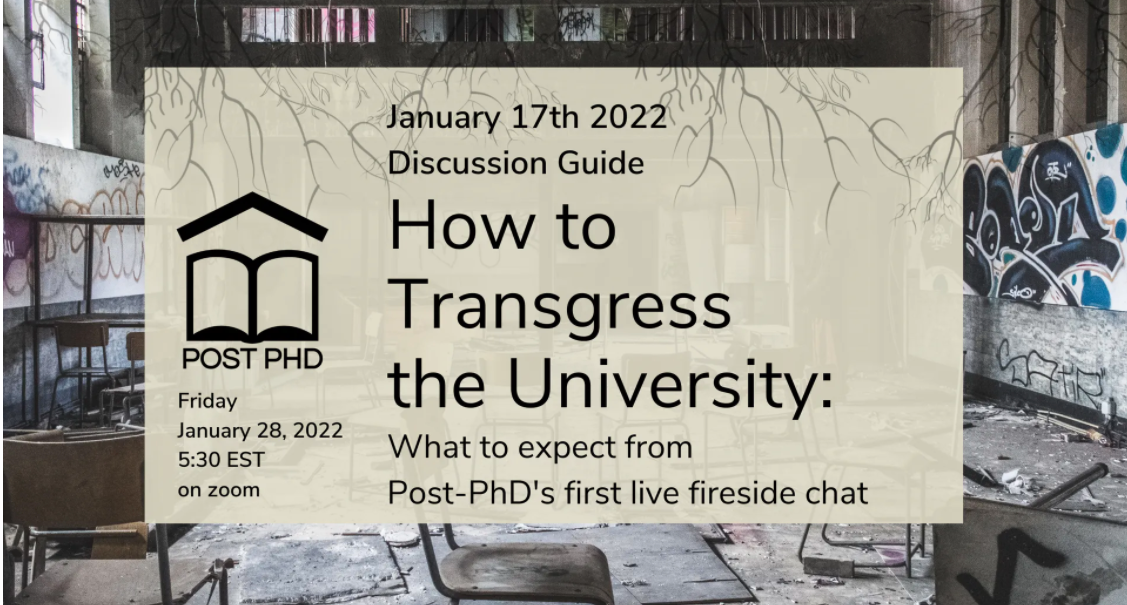Adjuncting (and the Academic Job Market)
Adjuncting (and the Academic Job Market)
In this post: A cold dose of reality demonstrating academias failure to be the meritocracy we all thought it was.
Next week: Job opportunities for PhD students from someone who has obsessively researched her own options after leaving academia.
Last week: I discuss the difficulty of leaving academia and the importance of strategic thinking and embracing the unknown when it comes to next step career moves.
According to the American Association of University Professors, today more than 50% of all faculty appointments are part-time.
Adjuncts constitute 76.4% of U.S. faculty. Let that sink in. For those of us used to grading: that's barely a passing grade. That means that tenured faculty comprise only 23.6% of the instructional labor force.
Read the full article here
So, for those of us who want a tenure-track job, that means we are not only competing with our fellow adjuncts and graduate students, but also with tenured professors looking to switch institutions. The job competition pool is so small that in a very real way, new Ph.D.s could (and at times, are) competing with their advisors for positions.
Imagine emailing your advisor to ask for a recommendation letter for a job for which you are a perfect fit. Imagine your advisor, who is in the same field as you, responding: "I'd be happy to write you a rec letter, but I want to let you know that I'm applying for the same job." This actually happened. When my friend told me this had happened to her, I wondered what the point of even asking for a rec letter from her advisor even was-- would her advisor actually write a complimentary letter, knowing that she too was applying for the same job? What does this say about the job market itself? What real chance does a recent PhD have if they are competing with a tenured professor, with a book and many peer reviewed articles and nearly a decade of teaching?
By the way, neither of them ended up getting the job.
Going back to the numbers, let's assume that 23.6% of the academic jobs out there are actually tenure-track (that statistic speaks to the amount of tenured professors currently employed, not the percentage of job listings, just so you know)
Ok, if 23.6% of jobs out there are tenure-track, everyone is applying to them. Who is getting them? According to this article by Gawker, almost 90% of those jobs go to Ivy leaguers. Here's another excellent article by Slate detailing this horrifying reality.
Further, the number of academic positions continues to drop each year. That means every year on the job market your chances of securing a job drop. Here's an excellent article by Chronicle Vitae about Academy's 1%
My question is: as Ph.D.s, we are trained to question everything, to research, to write with conviction, and to work incredibly hard. Aren't we too smart to fall for this?
-Allison Harbin


















In this post: A reflection on the UCU strikes, past and upcoming content, and what the f*ck we are supposed to do with all this mess, including a list of what I'm reading.